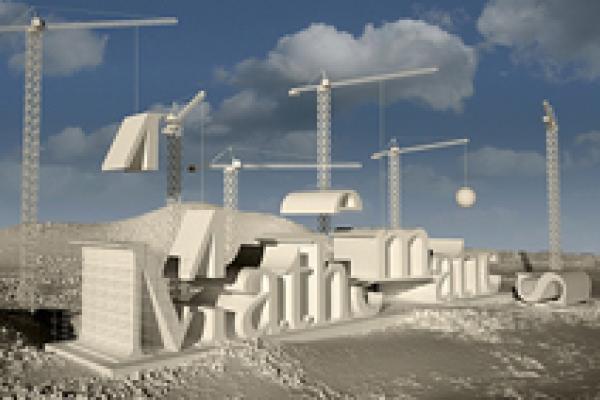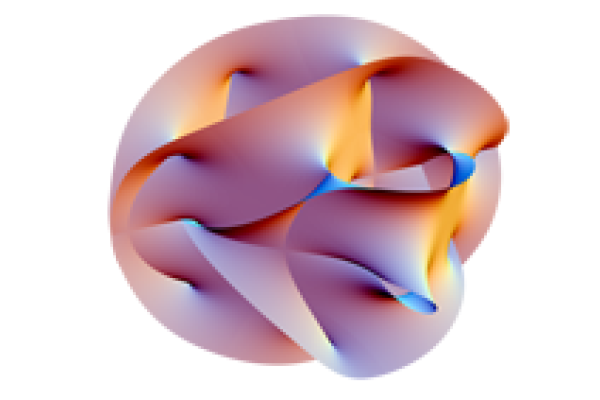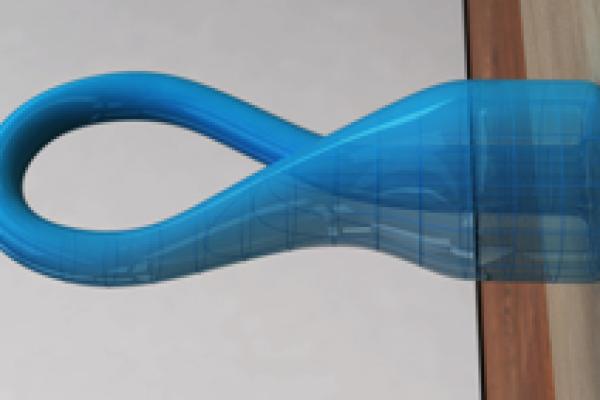Article


Maths in a minute: Gödel's incompleteness theorems
Find out about these important results that destroyed a mathematical dream.


Can a mathematical object be said to exist if you can't construct it?

If you can prove that a statement can't possibly be false, does this mean it's true?




What are mathematical proofs, why do we need them and what can they say about sheep?
